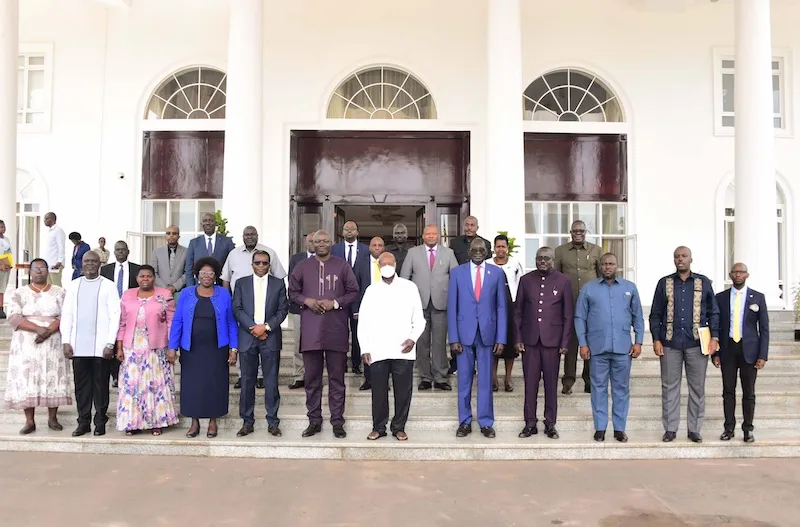A group of opposition legislators from Uganda’s Acholi Sub-region has launched consultations with opinion leaders and community members following backlash over their recent closed-door meeting with President Yoweri Museveni.
The MPs, including Bardege-Layibi Division’s Martin Ojara Mapenduzi and Chua West’s Okin PP Ojara, met the president on March 13 at State House Entebbe. During the meeting, the lawmakers presented a 70-page document titled Operation Harmony, outlining key priorities for socioeconomic transformation in the war-affected sub-region.
Speaking during the first consultative meeting held Monday in Gulu City, Mapenduzi defended their actions, arguing that engaging with the government was a strategic move to push for reparations, infrastructure development, and education support. “We’re not selling out; we’re opening dialogue on the issues that have kept our region behind for decades,” he said.
The Operation Harmony document, according to the MPs, proposes government recognition of the Acholi regional tier, investments in commercial agriculture, expanded infrastructure, political appointments, and transitional justice mechanisms including reparations for war victims and cattle compensation.
Okin PP Ojara, who led the delegation to State House, told participants that while some felt excluded from the process, their engagement with the president was a “usual political interaction” aimed at securing action, not allegiance.
But not everyone is convinced. Fred Ngomkwe, a transitional justice expert in Gulu, questioned the motive behind the timing and secrecy of the plan, noting that similar documents have recently surfaced in regions like Teso and West Nile. “If it’s truly about community transformation, why not consult the people first?” he asked.
The MPs maintain that broader public input will now shape the final version of Operation Harmony before any formal follow-up with the president.
As debate intensifies over opposition cooperation with the NRM government, the Acholi MPs’ move underscores a growing trend: regional blocs leveraging political engagement regardless of party affiliation as a new tactic for bargaining development and historical redress.







